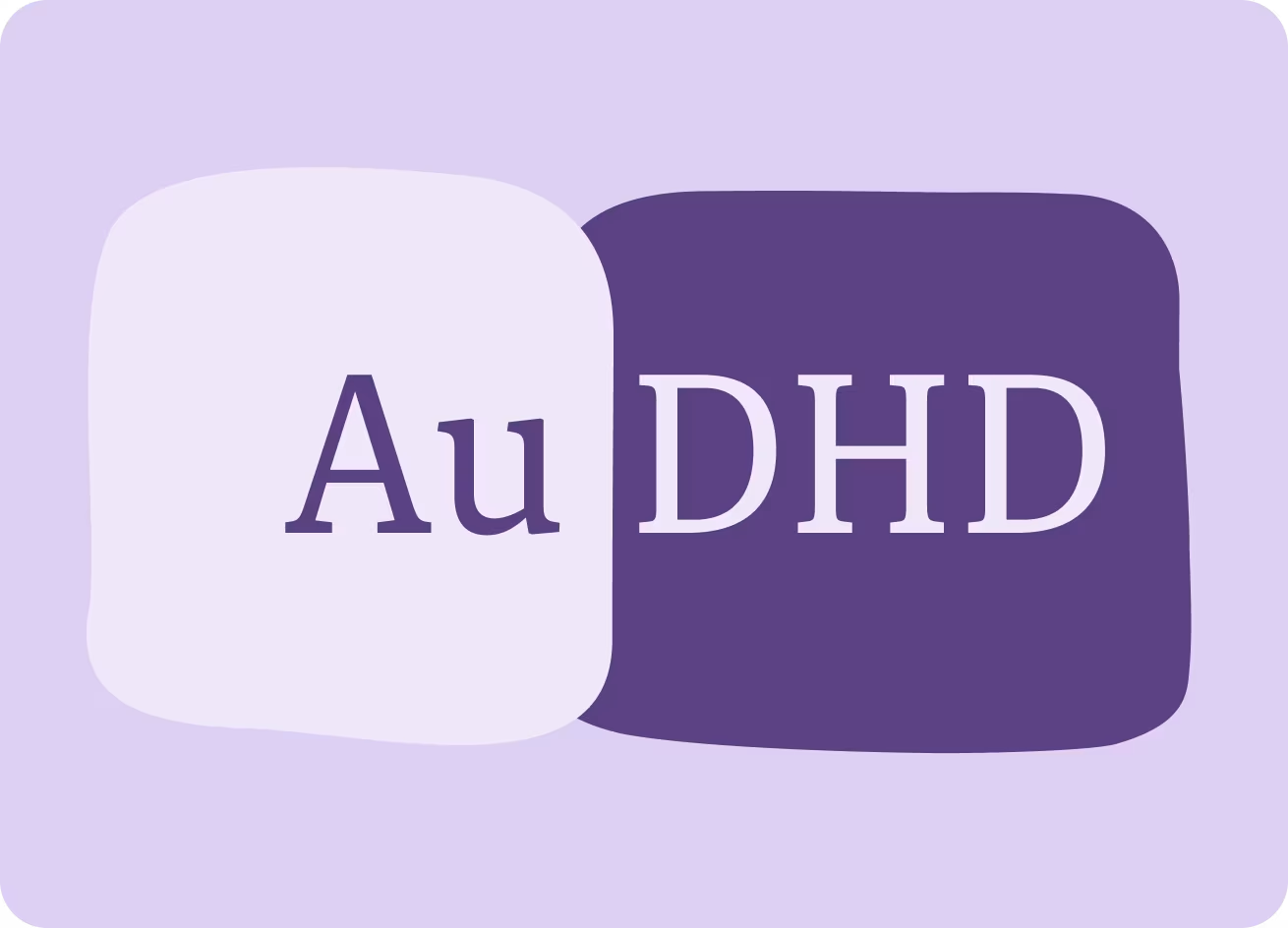Masking and Meltdowns
As a neurodiverse person with lived experience, watching this recent discussion by Haley Moss and Dr. Benjamin Russell was so unbelievably validating. Meltdowns and shutdowns are extremely common, especially in the autistic and neurodivergent community. Meltdowns are a physical reaction to overstimulation surrounding auditory overload, visual overload, and sensory overload in general. Meltdowns can also occur from the extreme exhaustion that comes from masking. Shutdowns are less obvious but tend to happen when a person is completely unable to continue masking, and similarly, can take place after a meltdown has just concluded. In the autistic and neurodiverse community, essentially hiding your less-than-neurotypical behaviors becomes normal. Masking is something that a lot of the community has learned to do since childhood, and it can take a huge toll on someone’s psyche long term.
I didn’t know what masking was as a child, and in turn I was subjected to alienation, bullying, and harassment. As an eleven-year-old girl, being asked to dance by the boy I liked was probably the most exhilarating moment I could imagine. As soon as we started, though, the music picked up and I started to stim dance. I moved the way my body wanted, and in turn, my dance partner stopped and asked me, “What the heck are you doing dancing like that?” When I answered that I was just having fun, he said, “That looks weird,” hid from me, and started laughing with his group of friends. I was humiliated, insulted, and disgraced with myself.
I began to mask extensively after that, even opting out of dance invitations from my friends in future social settings. I began to feel broken compared to my classmates, always masking and never really being able to truly show myself in fear of losing the little bit of dignity I felt I had left. Being laughed at to your face or behind your back for not knowing to mask certain neurodiverse behaviors stays with you for a long time, and it gradually makes you afraid to show any signs of your actual personality in a public setting.
During my private school years, I masked for six hours every day during the week. The only person I was free from masking around was my grandmother, and after she passed, I realized just how exhausted I felt. I was tired of forcing a smile, and I was tired of regulating my emotions in public. I remember the day I stopped masking altogether, and the repercussions that came with it. People started asking me if something was wrong, and why I was not acting like “myself.” Eventually, I found solace in the fact that I was free from that fake version of myself. Then, and only then, was I able to secure adult friendships, a healthy relationship, and the ability to stop caring so much about what people thought when I wasn’t masking.

What’s so important to remember is that every person’s experience with masking, meltdowns, and shutdowns is different. So while I can’t offer tools to accommodate each and everyone going through this in the way they go through it, I can advise to:
- Talk to people.
- Gather information on what you’re experiencing during these times.
- Then try to gain an understanding of what might help you alleviate your symptoms in the future.
I can also advise you to tell younger people that they do not have to fit anyone else’s narrative but their own. If someone doesn’t like the way a person acts when they are themselves, that relationship is not worth the exhaustion that comes with hiding. Haley and Dr. Ben spoke more extensively on this topic, and to gain further information on this, I recommend watching the recorded livestream where they did a fantastic job bringing awareness to these issues. These discussions not only help to inform parents and other caregivers, but also to inform other neurodiverse folks that the experiences they went through were not specific to only them. The stigmas and anxieties surrounding neurodiversity make it difficult to come out and speak freely about some situations; however, these discussions reinforce the fact that they do not mean you are broken, but rather, you are validated.
About the Author
My name is Elizabeth Parent, a senior attending Savannah College of Art and Design scheduled to graduate in 2021. I am majoring in illustration and minoring in creative writing. Mental health plays into anything I do artistically, as it is a huge prospect and topic in my life. I have diagnoses of bipolar disorder, depression, and others. I strongly believe in mental health activism and awareness, and as a result I try to share my experiences and thoughts through writing and illustration.






